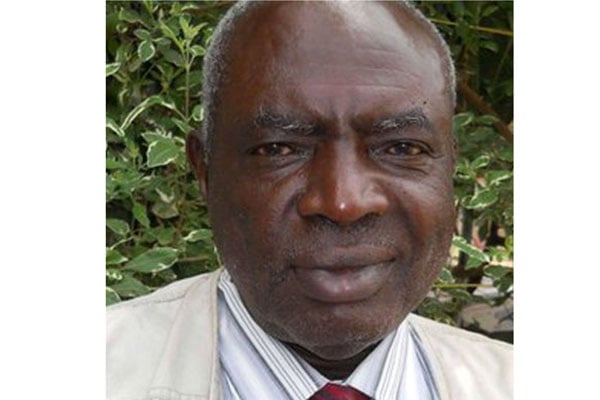Soil conservation in coffee farming

Writer: Michael J. Ssali. PHOTO/FILE
What you need to know:
- Most coffee farmers in the country work on small plots of land and it should not be difficult to find mulching materials to cover the gardens
We are going through a period when greatest attention seems to be given to the coffee crop mainly because of the high prices it attracted in the last harvesting season.
For us who live in the coffee growing areas we are witnessing an anthill activity and a lot of keenness especially among the youth geared towards planting coffee.
Almost six out of 10 boda bodas on the road out here must be carrying coffee seedlings for planting this rainy season. There is every indication that should the coffee prices remain as high as they are currently, Uganda will be in a position to produce its target of over 20 million bags annually, much earlier than was originally estimated.
As the efforts to plant more coffee gain momentum, farmers ought to pay a lot of attention to soil conservation because it is the soil in which plants are anchored and it is from the soil that they get their nourishment.
The farmers must exercise the farming practices that conserve and improve the fertility of the soil. One of the practices is mulching which is the placement of any organic material over the top of a soil surface to protect it.
The handbook from Uganda Coffee Development Authority titled: “Regenerative Agriculture in Coffee Farming Systems” highly recommends using organic, on-farm sources of mulching materials such as shade tree leaf litter, banana leaves, well decomposed coffee husks, and local grasses.
The handbook goes on to state that such mulching material improves soil moisture, moderates soil temperature, reduces evaporation, suppresses weed growth, minimises soil erosion, and improves soil fertility. Most coffee farmers in the country work on small plots of land and it should not be difficult to find mulching materials to cover the gardens.
The small size of the coffee gardens should actually be the real reason why maximum care must be exercised to protect and enrich the soil in order to come up with high yields.
Mulching can be concurrently carried out with regular application of organic fertilisers such as compost manure and livestock manure. It is important to create a good working relationship with the area agricultural services extension officer to get guidance on all farming matters including learning to make and use composite and livestock manure. It is also advisable to keep some livestock besides coffee farming.



